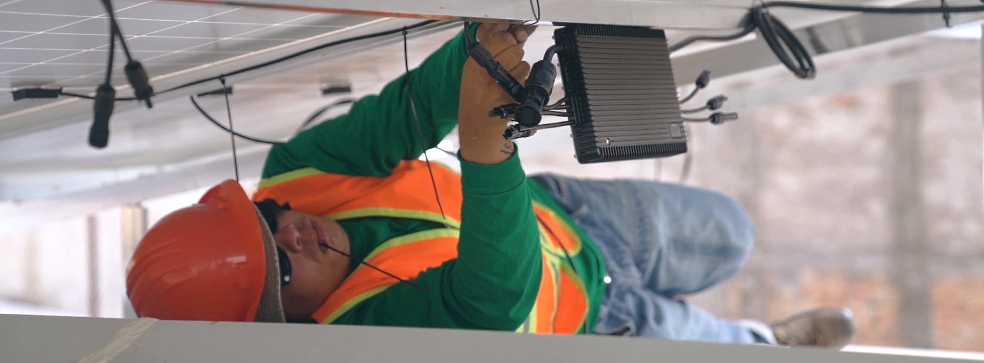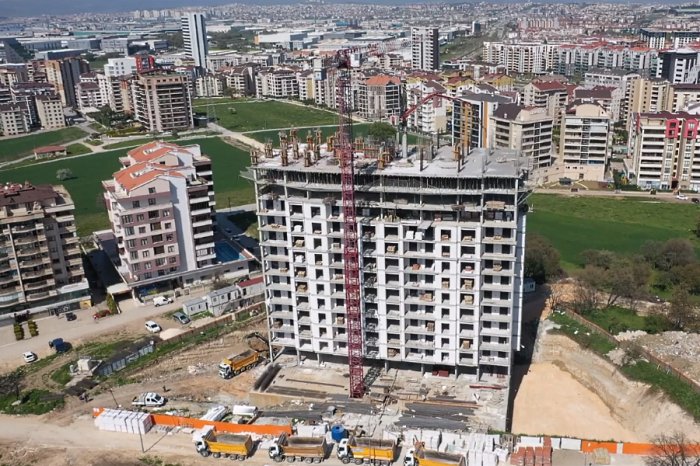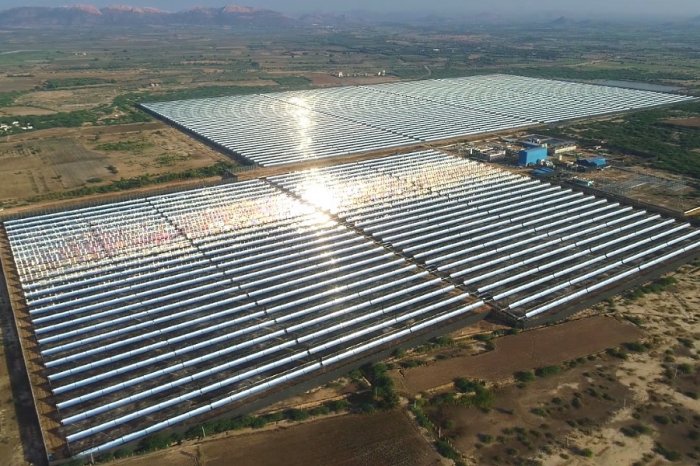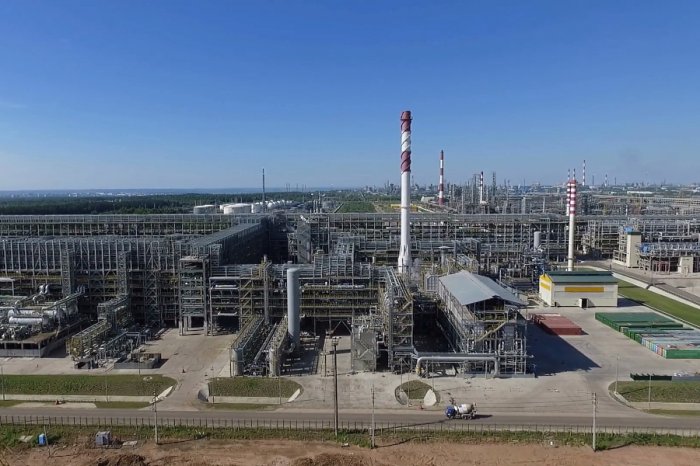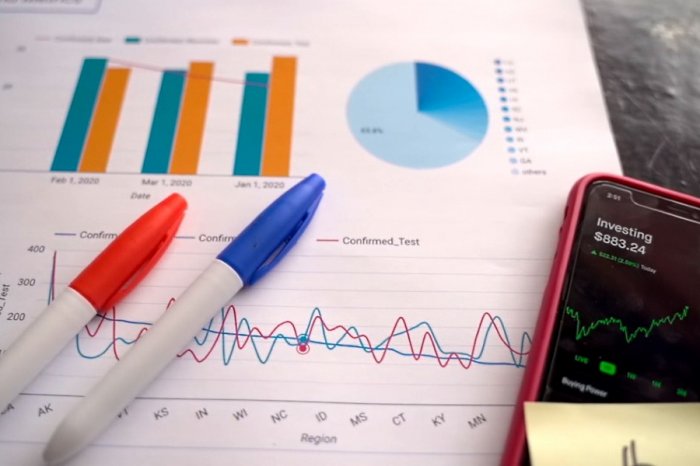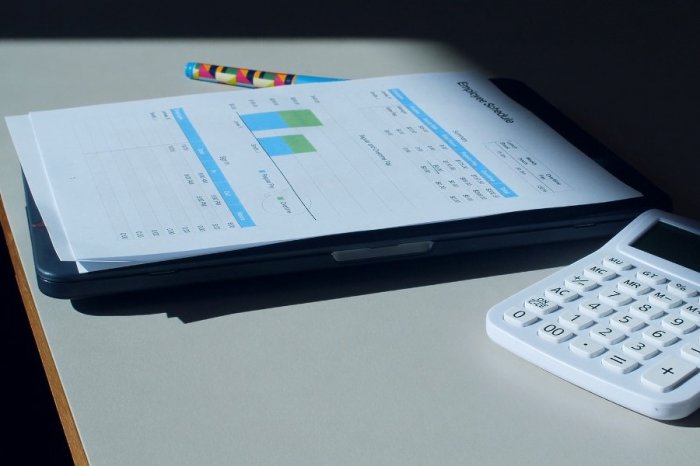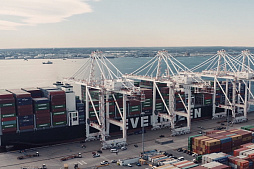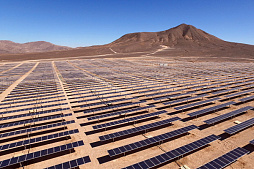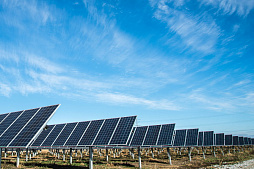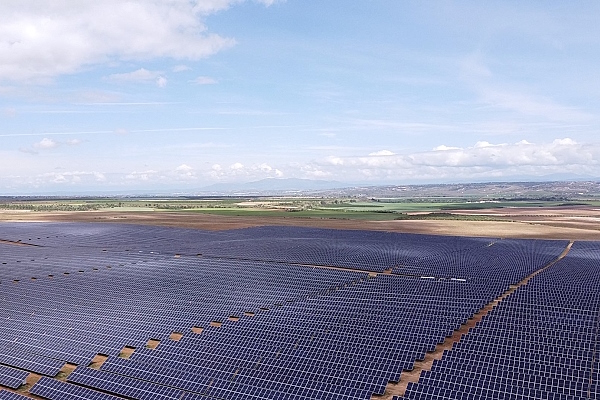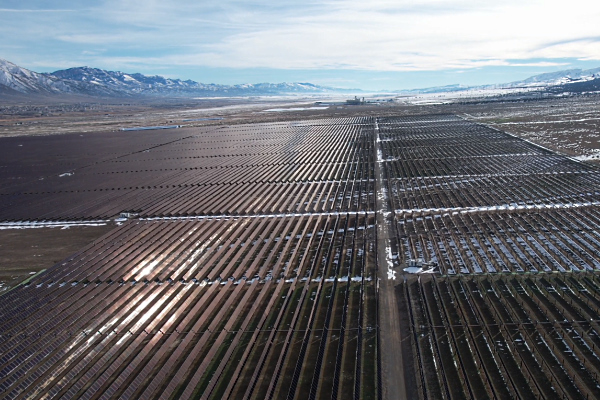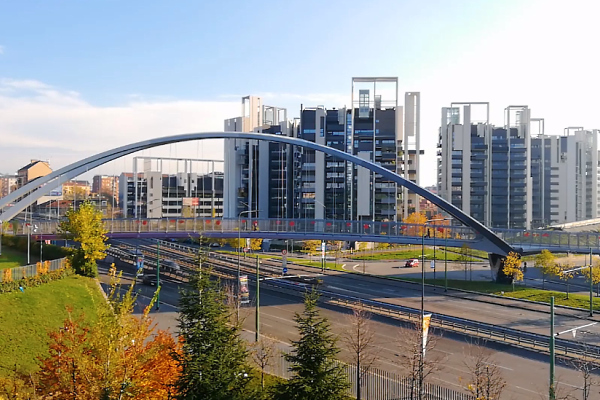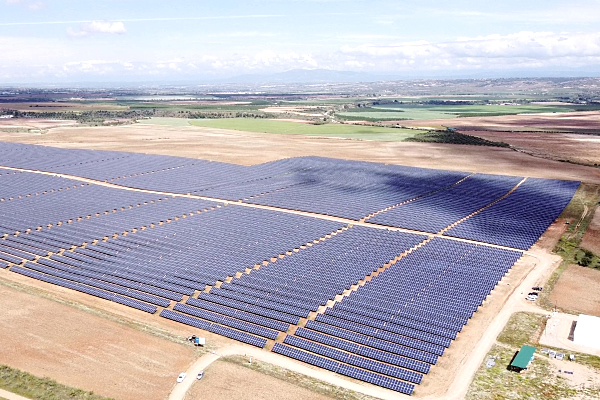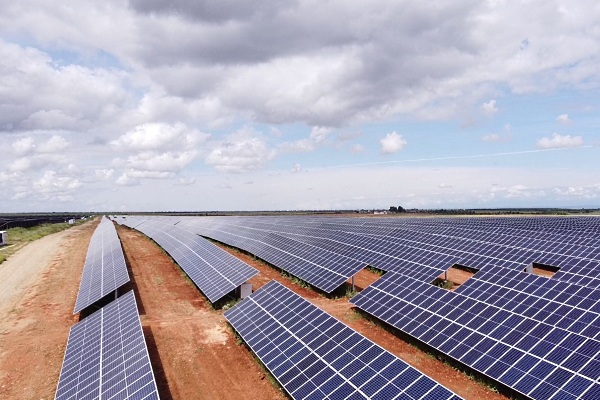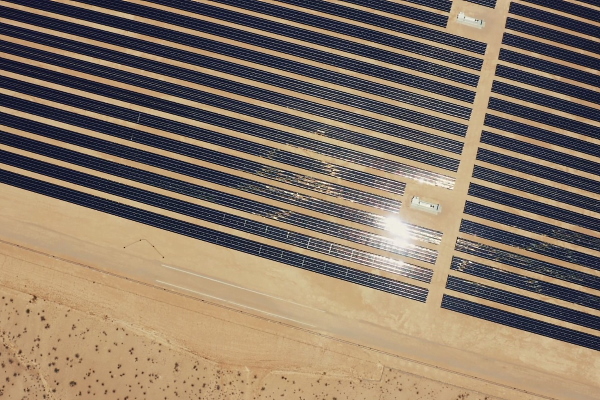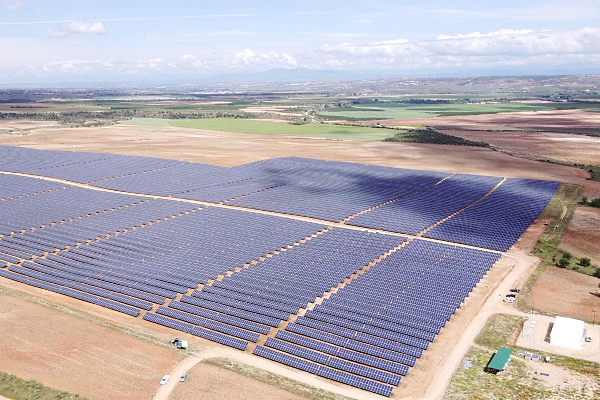After receiving the necessary documents (application form and project presentation), our team will try to review your request as soon as possible, and leading experts will offer the best options for project funding.
Financing of solar energy in Bulgaria plays an important role in the development of the renewable energy sector, which is carried out through IFC or other international financial institutions with the active assistance of the Bulgarian government and large national banks.
Along with the expansion of wind farms, Bulgarian energy companies and large consumers are striving to increase the share of solar power plants in the energy balance.
The vast solar resources of this southern country, recent favorable legislative changes and a steady trend towards the phase-out of fossil fuels hold bright prospects for funding this innovative sector.
The use of solar panels virtually eliminates grid losses and provides significant economic and environmental benefits in the context of distributed generation. This is especially important in the mountainous terrain of Bulgaria, where the construction of powerful power transmission lines is difficult for remote areas.
Recent initiatives help Bulgaria develop its renewable energy potential and demonstrate the country's ability to attract large investments.
The development of solar energy is also part of a package of measures included in the so-called European Green Deal aimed at reducing environmentally hazardous CO2 emissions by 2050.
If you are interested in financing solar energy in Bulgaria or other European countries, contact ESFC Investment Group.
We finance large energy projects, including long-term loans from € 50 million.
ESFC's professional team offers energy companies around the world with flexible financing and comprehensive support, including consulting services.
Energy market in Bulgaria: current situation and prospects
Bulgaria, with a population of 6.94 million, currently consumes more than 1.5 MWh of electricity per person per year, which is equal to the European average.The country's energy mix is relatively diverse, including both traditional power plants and renewable energy sources.
The largest share of electricity in 2018 came from numerous coal-fired thermal power plants (40%), followed by the country's only nuclear power plant (36%) and renewable sources (19%). Natural gas currently accounts for a small share of electricity generated, approximately 4% of the total. Traditionally, Bulgaria has also relied on hydropower sources, including several pumped storage hydroelectric power plants operating in tandem with thermal and nuclear power plants.
Until recently, electricity prices for residential consumers in Bulgaria were the lowest among the EU countries.
However, due to the low income of Bulgarian households, many consumers have difficulty paying their bills, demanding more affordable energy sources.
Electricity prices for commercial and industrial consumers in Bulgaria are much higher and show faster growth compared to residential consumers. On the other hand, prices for large industrial consumers are lower than in other EU member states, including neighboring Romania.
Thus, large investments in photovoltaic plants are most attractive to commercial and industrial consumers. In addition to high electricity prices, economies of scale and better coordination of the load profile of industrial enterprises with the generation of solar energy based on renewable energy sources have become important factors in the development of distributed power generation.
The market for renewable energy sources in Bulgaria was born in 2007 with the adoption of the RES law. The subsequent introduction of preferential tariffs attracted many foreign and local investors to the new sector. These changes took place at a time when investment opportunities and financial support schemes for renewable energy sources in other European markets were reduced due to the 2008-2009 crisis.
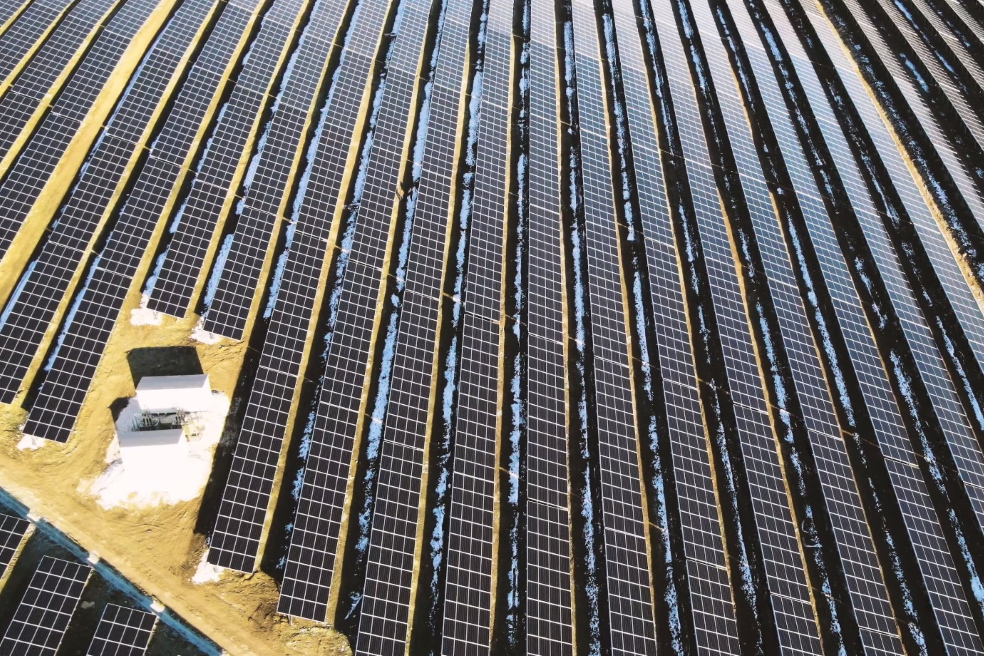
A combination of favorable economic, climatic and political factors ensured that Bulgaria achieved its green transition goals.
In 2011, Bulgaria ranked second in the ranking of the fastest growing renewable energy markets, which was a phenomenal success for the former Eastern Bloc country.
In fact, almost 90% of all small renewable electricity generation capacity was installed between 2010 and 2012. Active financing of solar energy projects in Bulgaria, with significantly higher costs per MW of installed capacity, required higher prices for electricity consumers and caused public discontent in 2013. The situation was aggravated by the high energy consumption of Bulgarian households and the poverty of the population.
At some point, it became difficult for the grid operator to maintain new solar power plants. In addition, the National Electricity Company (NEC) is indebted to many grid operators who act as major buyers responsible for paying feed-in tariffs to small renewable energy producers.
After the stage of rapid growth of renewable energy sources in 2008-2013, the Bulgarian market began to be hampered by the lack of financial incentives and regulatory uncertainty.
The total share of renewable energy in energy consumption in 2019 on the eve of the pandemic was 21.6%, which is only 2.7% more than in 2013.
At the end of 2021, against the backdrop of skyrocketing fossil fuel prices in Europe, it became clear that there was no viable alternative to financing the solar energy sector in Bulgaria and other countries in the region. If you need a long-term loan for the construction or modernization of a PV plant, contact ESFC at any time.
Large 60 MW solar power plant in Karadzhalovo
The largest PV power plant in the Balkans was built in 2012 in Bulgaria.We are talking about a 60 MW solar power plant in the village of Karadzhalovo in the south of the country, which was bought by the Austrian energy company RP Global Energy after many years of successful operation.
Karadzhalovo Solar Park remained the largest in the region for a long time, before the emergence of multi-megawatt projects in Serbia, such as the solar power plant of the private company EFT with an installed capacity of 60 MW and the power plant of the state-owned operator Elektroprivreda Republike Srpske (73 MW). Serbia is currently planning to build a 90 MW PV power plant near Bosanski Petrovac, the cost of which exceeds 50 million euros.
The financing of Karadzhalovo Solar Park in the amount of 155 million euros was carried out jointly by several large international institutions, including IFC (International Finance Corporation, a member of the World Bank Group), UniCredit Bank (Austria) and Overseas Private Investment Corporation (OPIC).
This was a natural result of the advancement of Bulgaria's strategy for the transition to renewable energy sources, approved in the 2000s.
IFC, OPIC and UniCredit co-financed the construction of a facility entrusted to US engineering company Sun Edison, one of the leading PV system developers. Sun Edison has been working on solar projects for many decades, and its solutions are represented all over the world.
IFC provided € 46.1 million and mobilized an additional € 41.1 million from UniCredit through an investment loan, while OPIC provided a $ 50 million loan.
UniCredit Bulbank acted as a local bank and provided € 30 million in VAT credit.
The total cost of the photovoltaic project reached 350 million leva, the equivalent of 248 million euros.
It should be noted that the project was implemented during a period of global economic uncertainty and high investment risk. At the time of commissioning, the photovoltaic plant in Karadzhalovo, located near Plovdiv in the municipality of Pervomay, was considered one of the best of its kind in Eastern Europe. Despite the commissioning of many new renewable energy facilities in recent years, this PV power plant continues to play an important role in ensuring the energy security and sustainability of Bulgaria.
IFC's support for the renewable energy sector is an important part of the global effort to mitigate the effects of climate change.
This was the second major investment in renewable energy in Bulgaria after financing the construction of 156 MW Saint Nikola Wind Farm in 2008.
The investment project in Karadzhalovo, implemented by OPIC, IFC, Sun Edison and UniCredit with the assistance of local authorities, can be called one of the most striking examples of public-private partnerships aimed at meeting Europe's growing needs for green energy.
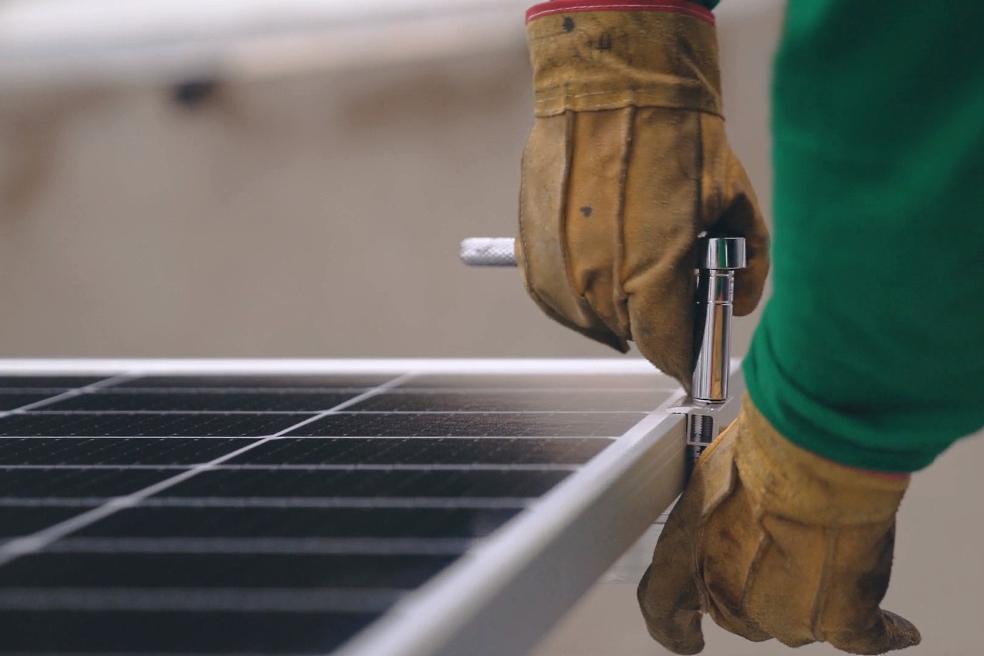
Bulgaria builds in-house photovoltaic power plants for business needs
In October 2021, the Bulgarian Development Bank (BDB) announced that it would soon finance the construction of photovoltaic plants for local businesses.This will be an important step towards a sustainable economy for Bulgaria and all of Europe.
The new financial product of the Bulgarian Development Bank (long-term loan) is a response to the growing concerns of companies about the cost of electricity, as well as to the increased demand for in-house sources of electricity for industrial consumers. Switching Bulgarian factories to solar energy is a viable solution in the context of rising fossil fuel prices and depletion of their reserves.
However, this solution requires new financing mechanisms for solar energy, including long-term bank loans and government support.
As part of the new solution, BDB will offer loans for small projects with a capacity below 1 MW, and the share of long-term loans can be up to 95% of the total cost of solar power plants.
Thanks to the latter, local companies can significantly reduce energy costs without significant investments in the short term.
Given the high investment costs associated with the construction of photovoltaic plants, Bulgarian SMEs have until recently been at a disadvantage compared to big business. New financial products in the form of a loan for up to 15 years will allow entrepreneurs across the country to introduce autonomous power supply to production workshops, farms, shopping malls and office buildings.
The bank said in a statement that the photovoltaic systems that BDB will finance can not only cover their own needs, but also sell electricity to other consumers. The bank's long-term goal is to support the green transition of the national economy and increase the share of clean energy sources, as electricity generation currently accounts for about 25% of greenhouse gas emissions.
Aurubis-1 takes an important step towards green energy
In mid-2021, the copper smelter Aurubis Bulgaria AD began construction of the largest in-house solar park in Bulgaria.It is located not far from the plant in Zlatitsa, a large consumer of electricity.
The installed capacity of the future photovoltaic power plant will amount to 10 Mt, and the projected annual production of renewable electricity will reach 11 MWh.
The Aurubis-1 project provides for the installation of more than 20,000 photovoltaic panels at an area of 104,000 square meters. The construction is carried out by the company CEZ ЕЅСО, a division of CEZ Group in Bulgaria. In-house photovoltaic plant is designed to partially supply electricity to energy-intensive copper smelting processes.
According to the calculations of the project initiators, over the next 15 years, the total production of renewable energy will reach almost 170 thousand MWh.
It is expected that the operation of the facility will help the company to reduce CO2 emissions by 4 thousand tons per year, which corresponds to more than 60 thousand tons over the entire period of operation.
The new PV power plant, funded by the company, will cover 2.5% of the copper smelter's electricity consumption, supplying up to 12% of its needs during peak hours of the day. The electricity that will be produced during the year is equivalent to the needs of 3,500 households or a small Bulgarian town with a population of 14,000.
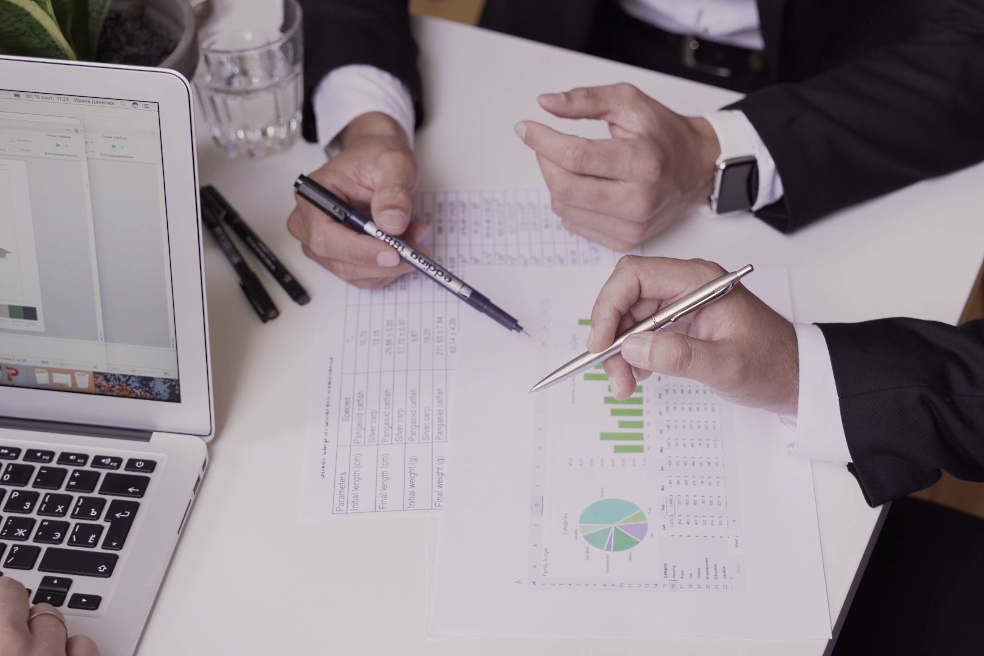
Problems and opportunities for financing solar energy projects in Bulgaria
Sector financing faces multiple challenges that require more flexible administrative solutions.The main obstacles to the development of photovoltaic projects in Bulgaria are considered to be political barriers and lengthy permitting processes that restrain the renewable energy market.
The lack of clear pricing conditions, coupled with high taxes for the owners of decentralized photovoltaic projects, significantly limits the market potential.
The procedure for connecting a solar power plant to the distribution grid in Bulgaria is basically the same, regardless of the size of the project. This means a high administrative burden for small power plants and forces numerous entrepreneurs to limit themselves to producing energy only for the needs of their business.
According to the current Bulgarian legislation, electricity is an excise commodity, which creates additional problems for consumer-producers who want to sell part of the generated electricity to the national grid. Thus, manufacturers are required to apply for registration with the National Customs Agency, further providing officials with periodic reports.
Finally, access to financing for solar energy projects in Bulgaria can be difficult for projects of any size.
Green energy producers are faced with a limited range of financial products from local banks, so large projects are usually financed in part or in full with funds from international financial institutions such as IFC.
The International Finance Corporation is the largest supranational global development institution that focuses on the private sector. IFC helps countries achieve more sustainable growth by financing investment, providing advisory services to businesses and governments, and mobilizing capital in international financial markets.
Positive changes in legislation are taking place, but some experts call these changes too slow. In any case, companies are forced to adapt their plans to the situation and look for better financial options.
ESFC Investment Group, a Spanish investment consulting company with a wide international presence, is ready to provide long-term financing for your solar energy projects in Bulgaria on favorable terms.
Contact us at any time to discuss the terms of cooperation and the proposed financing models.



